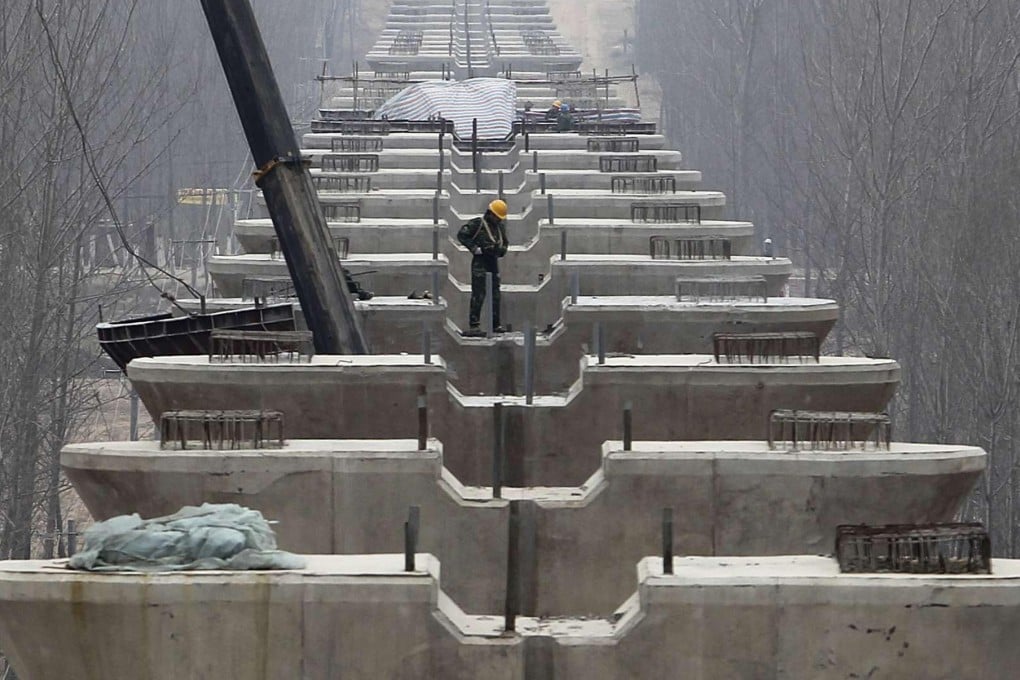Silk Road subsidies undermine rail link
While rail links offer viable alternatives for European-China trade, cost and other challenges remain

Amand Song picks up one of her two mobile phones. At the other end of the line is a potential customer from Ningbo, a large, east coast port city, inquiring about the cost of sending a container from Chengdu, the capital of Sichuan province, to Europe by train.
Song, a former air freight agent, now works for YHV Chengdu Hatrans Intermodal Logistics, a Chinese-Polish-Italian joint venture providing rail freight services from Chengdu to Lodz, in Poland.
YHV is one of the several "platform" companies in central and west China, each providing similar services from their home cities to different destinations in Europe. They are in the vanguard of China's Silk Road strategy, which is attempting to unshackle the world's second-largest economy from reliance on sea lanes through the Suez Canal when it trades with Europe.
But while Beijing may have written the score, different inland cities are increasingly playing out of tune, undercutting one another in the race to subsidise multinational manufacturers.
"Competition is getting tough," Song said.
Despite being marketed as the optimal logistics solution - cheaper than air freight but quicker than ocean freight - rail freight forwarders are struggling to find enough cargo to fill trains at prices that make money.
Local governments in Chongqing, Chengdu, Wuhan and Zhengzhou have offered subsidies to lower freight costs and make such services more appealing to customers who are used to cheap, seaborne transport.